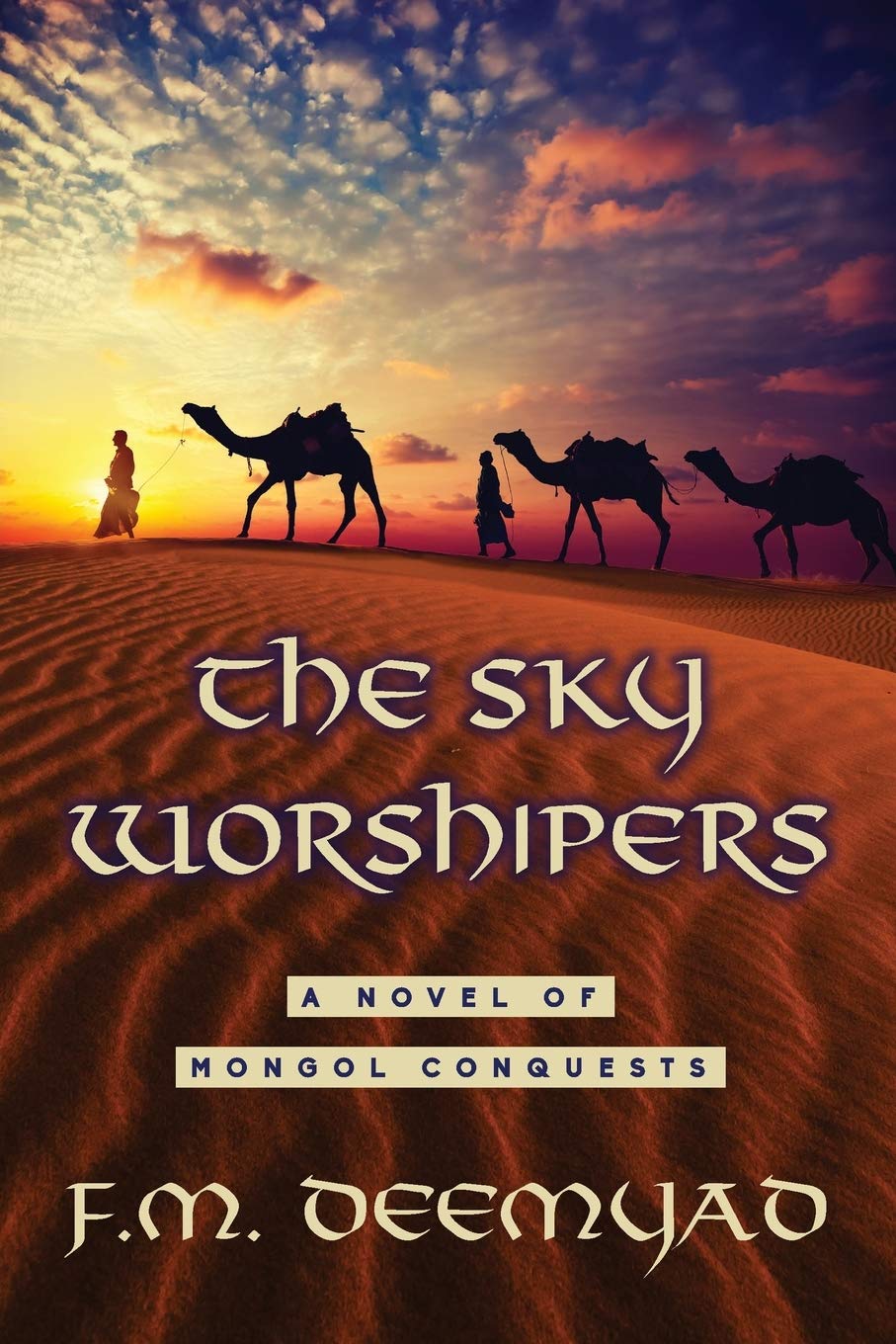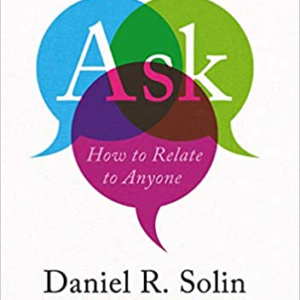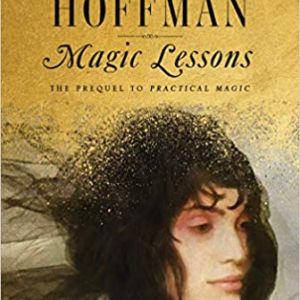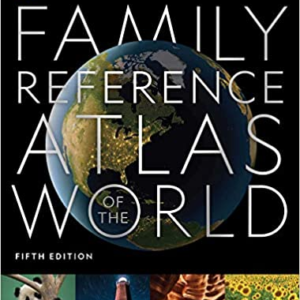The Sky Worshipers PAPERBACK 2021 BY F M Deemyad
PAPERBACK
[366 PAGES]
PUB: March 02, 2021
Description
A powerful, sweeping saga that focuses on the role and influence of women who change the trajectory and strength of Genghis Khan and his Mongol warriors.
In the year 1398 A.D., Lady Goharshad and her husband, King Shahrokh, come across an ancient manuscript in the ruins of Karakorum, the Mongol capital. The manuscript chronicles the era of Mongol invasions with entries by three princesses from China, Persia, and Poland who are captured and brought to the Mongol court.
After being stolen from her family at the Tangut Emperor’s coronation, Princess Chaka, the Emperor’s youngest daughter is left with no choice but to marry Genghis Khan. Thus, the Tangut join Genghis as allies. She is the first to secretly chronicle the historical events of her time, and in doing so she has the help of an African eunuch by the name of Baako who brings her news from the war front.
Princess Reyhan is the witty granddaughter of the last Seljuk King in Persia. She is kidnapped by Ogodei, Genghis’s son and heir, who falls in love with her. The romance does not last long, however, since a Mongol beauty wins Ogodei’s heart, and Reyhan is sidelined. Reyhan continues the tradition of recording the events in secret, turning her entries into tales.
During the Mongol invasion of Poland and Hungary, Princess Krisztina, niece to Henry the Pious, is taken as a prisoner of war by the Mongols. Reyhan learns about Krisztina’s predicament through Baako and asks Hulagu, Genghis’s grandson, to help free her. Krisztina has a difficult time adjusting to life in Mongolia, and at one point she attempts to run away but is unsuccessful. When the child she is bearing is stillborn, the Mongol court shuns her. She is able to return to her homeland in old age but comes back to Karakorum and writes her final entry in the journal.
Through beautiful language and powerful storytelling, this fact-based historical novel lays bare the once far-reaching and uncompromising Mongol empire. It shows readers the hidden perspectives of the captive, conquered, and voiceless. It brings to light the tremendous but forgotten influence of Genghis Khan and his progeny, while asking readers to reconsider the destruction and suffering of the past on which the future is built.
| Weight | 1.18 lbs |
|---|---|
| Dimensions | 9.02 × 5.98 × 0.82 in |
| Author | |
| Format | |
| ISBN-10 | |
| Language | |
| Publication Date | |
| Publisher |
Be the first to review “The Sky Worshipers PAPERBACK 2021 BY F M Deemyad”
You must be <a href="https://webdelico.com/my-account/">logged in</a> to post a review.




























There are no reviews yet.